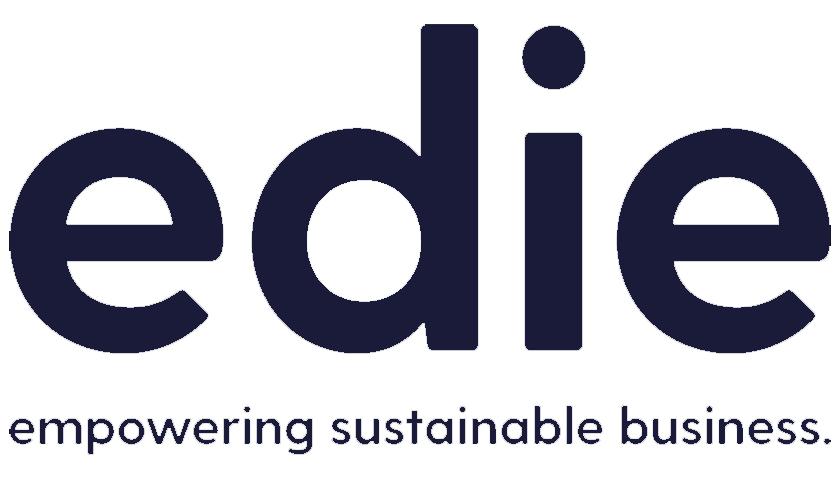edie readers can access a new in-depth report outlining how businesses can make their operations, value chains and products and services more circular in a bid to cut back on single-use plastics and deliver a zero-waste world.
The ebb and flow of the global, concerted effort to eliminate unnecessary single-use plastics by embracing the circular economy has been an irresistible movement that has seen nations, cities, regions and businesses all pledging to play their part in creating a zero waste future.
In a world where net-zero is a non-optional necessity and the plastic soup plaguing our oceans expands, now is the time for businesses to reinvent business models, supply chains and products and services to contribute towards a zero-waste world.
While net-zero and the green recovery have rocketed up the corporate agenda in recent years, many businesses are still diligently performing to eradicate unnecessary single-use plastics from their value chains.
—–CLICK HERE TO DOWNLOAD THE SINGLE-USE PLASTICS BLUEPRINT—-
This report, sponsored by phs Group, will consider all the key steps that businesses should take to move towards a circular economy by focussing on unnecessary single-use plastics. As more nations and businesses commit to net-zero the report also acts as a timely reminder as to the role that phasing-out single-use plastics in favour of circular products and services can have in wider decarbonisation ambitions.
The report will feature best-practice case studies, actionable steps and a deep dive across key action areas of the value chain to highlight ways to ignite a shift towards a circular economy.
It also features a foreword from Martijn Lopes Cardozo, chief executive at Circle Economy. Cardozo states: “We’ve never consumed at such a rapid pace—or wasted as much—as we do now. In the five years between the two landmark climate conferences in Paris and Glasgow, our global economy has collectively consumed half a trillion tonnes of materials.
“The circular economy extends beyond better material management—and its benefits and opportunities are manifold. As the world races towards net-zero, circularity provides a means for governments to slash emissions, reach their Paris Agreement targets and build more inclusive and resilient economies. A circular economy for plastics is a crucial step along the way to a circular world—and a circular world is a world in which people and planet can thrive.”

